Dhaka, Sep 08 (V7N) – Political analysts say that the power of an elected Prime Minister will remain intact even if the individual is not the party chief, though this separation may lead to increased conflict of authority within political parties. They add that the reform—proposed under the July Charter—could strengthen internal democracy and broaden leadership opportunities, but risks remain regarding balance of power with the Presidency.
The July Charter aims to curb the centralization of power and prevent authoritarianism. After long dialogue with political parties, the Consensus Commission proposed that no person should hold both the posts of Prime Minister and party chief simultaneously. However, several parties, including the BNP, have officially opposed the idea.
Analysts argue that while the separation could democratize party structures, dynastic politics may continue to preserve Prime Ministerial dominance.
Former Secretary Abdul Awal Majumder said:
“Even if the Prime Minister is not the party chief, his power and influence will not decrease in the slightest. Control will remain the same as before. If he develops distance from the party chief, then that party chief will be lost; nothing will happen to the Prime Minister.”
On the other hand, Dr. Mirza M Hasan, Advisor at the BRAC Institute of Governance and Development (BIGD), cautioned that strained relations between a Prime Minister and a separate party chief could lead to party fragmentation.
The Consensus Commission has also recommended expanding the President’s authority, including greater say in appointments to constitutional bodies, with a separate committee proposed for oversight. Most parties have welcomed this, but the BNP and allied groups have raised objections.
Dr. Hasan, however, questioned whether such measures would be effective in Bangladesh’s political context:
“There is a political culture in the country where influence prevails. No matter what new systems we design, there is a high probability that what the government wants will ultimately happen.”
Majumder also expressed skepticism:
“If the President is given more power, he will still be a party-elected person. Someone unlikely to exercise such powers will probably be chosen. Overall, it may not yield much benefit.”
Despite concerns and risks, analysts broadly agree that reforms are necessary to reduce concentration of power and change the old political system. They stress that unity among parties is essential to make these reforms meaningful.
END/SMA/AJ



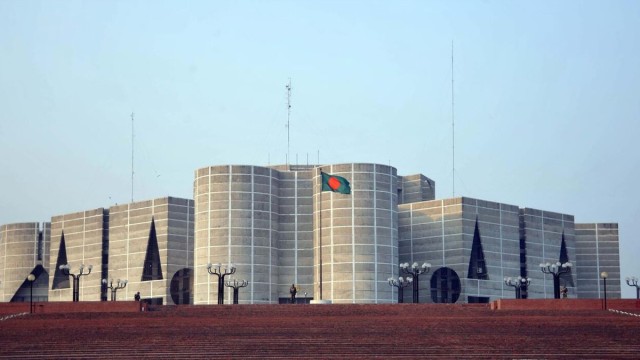
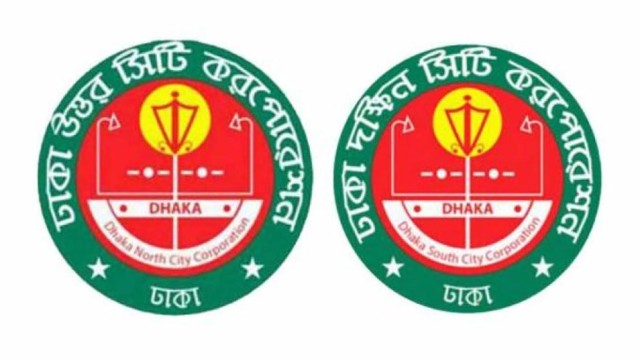
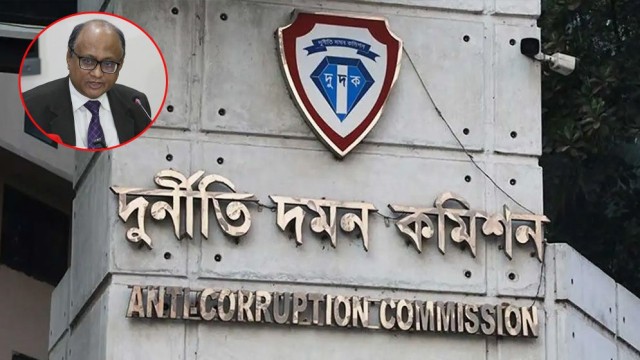

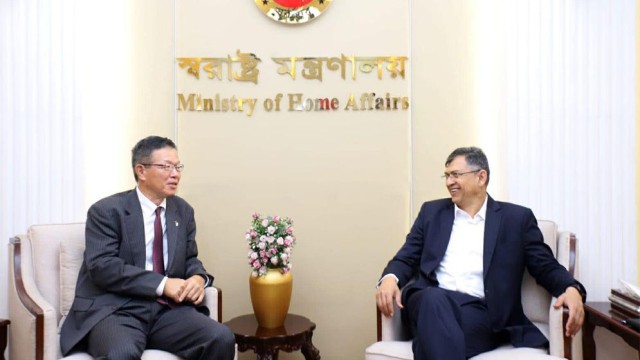
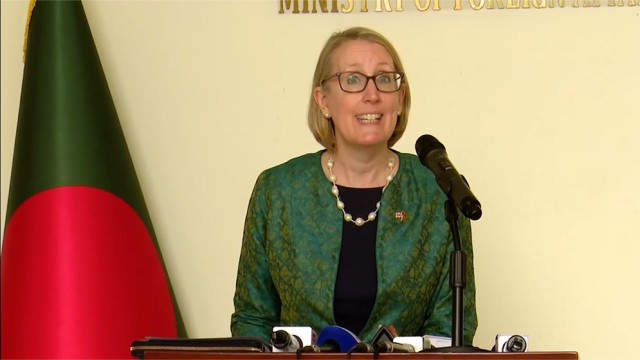
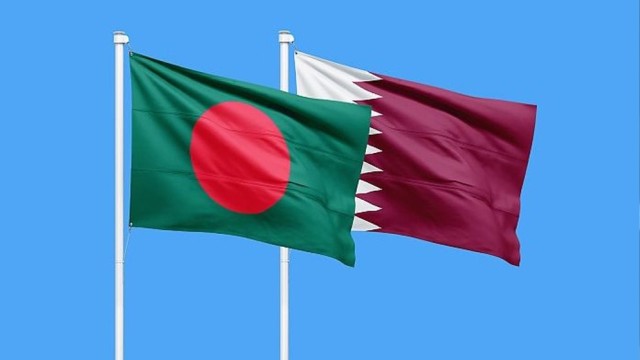

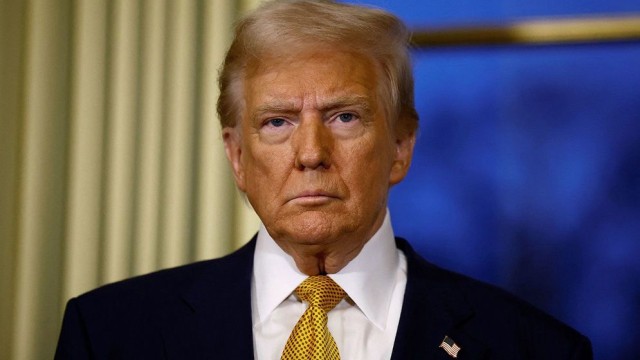
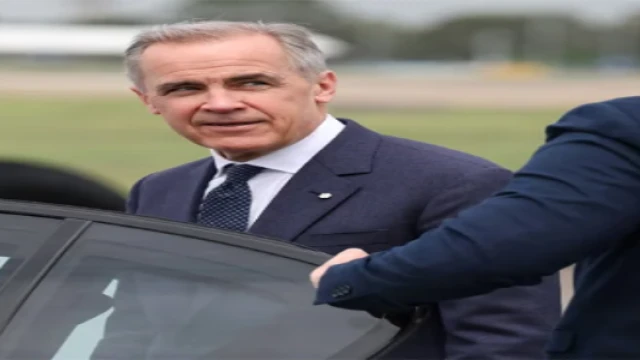
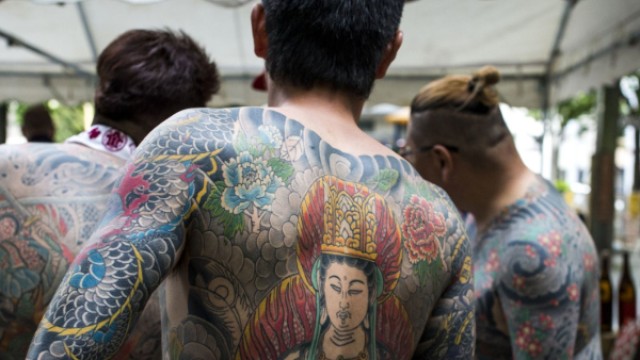

















Comment: